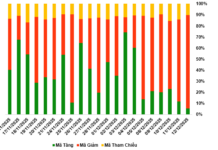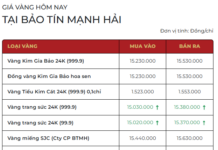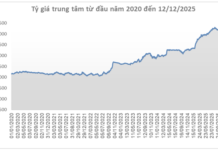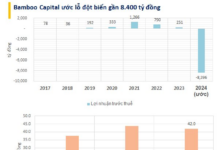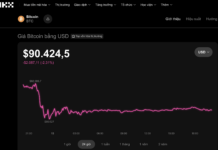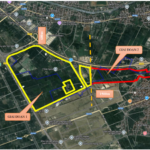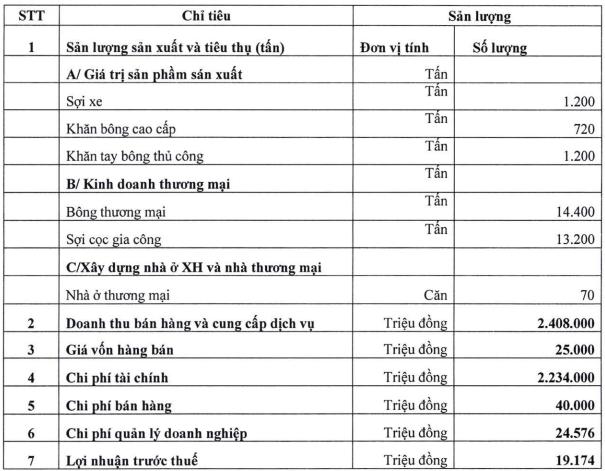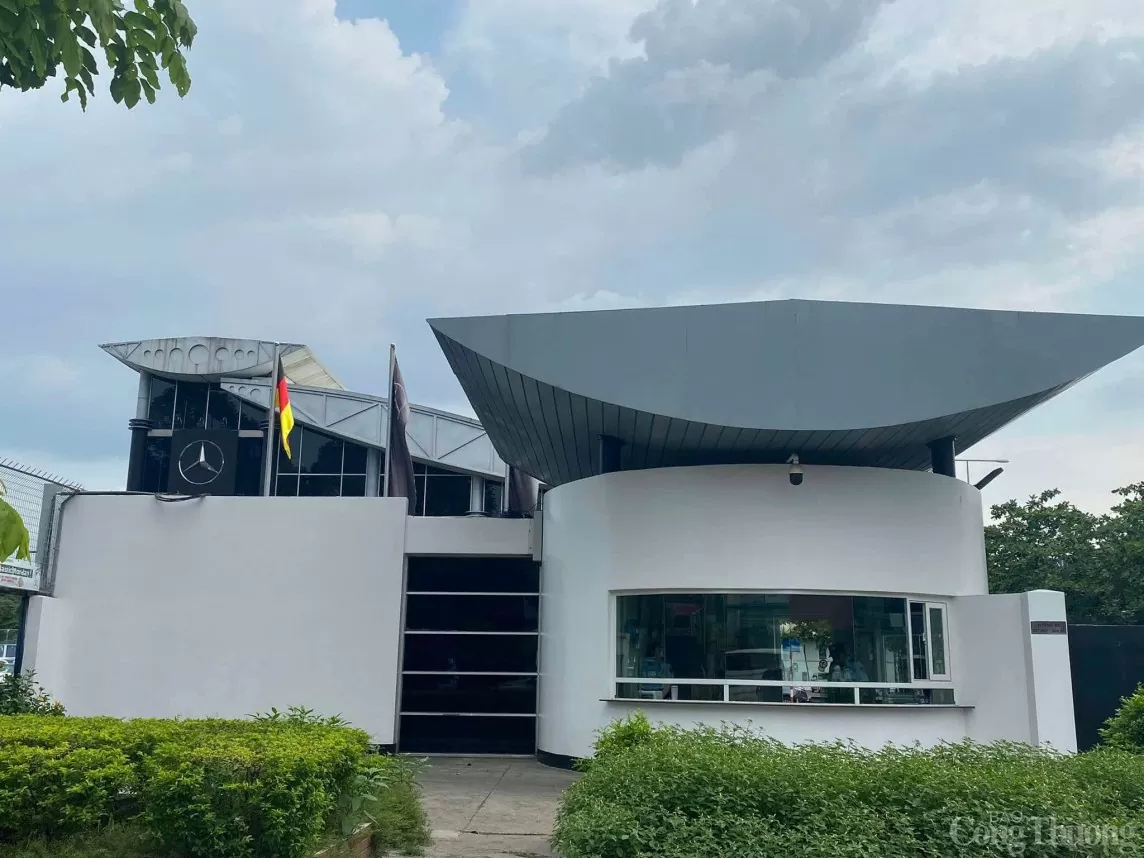At the seminar “Application of Barcodes in Digital Transformation and Supply Chain Management of Goods and Services,” organized by the Vietnam Union of Science and Technology Associations in collaboration with the Vietnam Barcode Association on October 21, 2024, the speakers emphasized the importance of adopting digital transformation technologies, including barcodes and product traceability, to enhance product quality management.
BARCODES AS A “STICK TO WALK THROUGH THE RAIN”
Highlighting the advantages of implementing barcodes, the presentation by Dr. Tran Quoc Tuan, Chairman of the Vietnam Science and Technology Association for Standards and Quality, argued that barcodes provide accurate information about the origin and quality of products at each stage of production, supply, storage, and retail to producers, businesses, consumers, and state management agencies.
Applying barcodes on technological platforms such as Blockchain, IoT, AI, and other emerging technologies will create a digital ecosystem and generate large amounts of data (Big Data), aligning with global development trends. Simultaneously, it serves as a fundamental element for linking information about the conditions that ensure product quality (conformity and quality certification of products and goods).
A producer of tea cakes in Thach That, Hanoi, likened barcodes to a “stick to walk through the rain,” helping businesses protect their brands from counterfeiting and fostering transparency and trust with customers.
Barcodes also serve as a tool for manufacturers to monitor and manage product quality, trace and identify the source and causes of product-related incidents, and recall substandard or unsafe products. Consumers can also use barcodes to search for information about product quality.
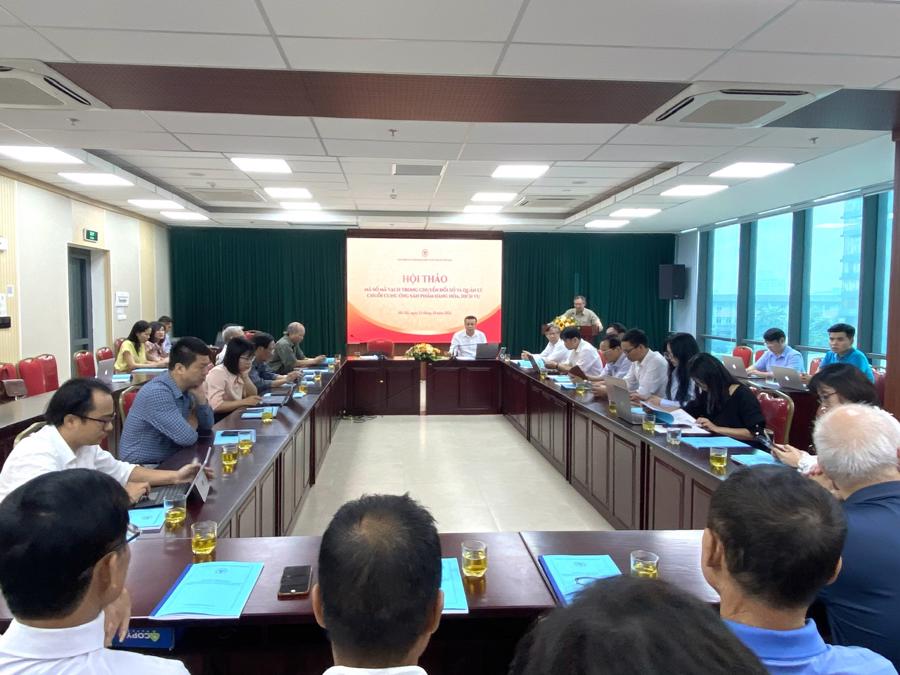
According to Dr. Tuan, countries are increasingly inspecting product origins through the application of technologies, including barcodes. In the future, some European countries will implement digital passports for goods and products, which will include technologies related to barcodes, traceability, and big data associated with the production and supply chain. Products intended for import into these markets must meet the digital passport requirements.
In Vietnam, as early as 1995, the Prime Minister permitted the National Committee for Standardization, Metrology, and Quality Control to join EAN (now known as GS1) to introduce barcode technology in the country. Since then, tens of thousands of enterprises have registered to use barcodes.
The government has issued regulations on the management of barcodes since 2002, with Decision No. 45/2002/QD-TTg. Subsequently, numerous legal policies have been enacted, most recently on March 28, 2024, with the Ministry of Science and Technology’s Circular No. 02/2024/TT-BKHCN on the regulation of the product and goods traceability system.
Notably, on July 30, 2024, Directive No. 38/CT-TW was issued, emphasizing the need to “Promote the application of digital transformation solutions, barcodes, and traceability to enhance state management of productivity, product quality, create a transparent business environment, improve competitiveness, and boost trade, import, and export.” This directive aims to create a more transparent business environment and enhance competitiveness in the import and export sector.
“These regulations have contributed to the necessary legal framework for promoting the application of barcode technology and product traceability,” emphasized Dr. Tuan.
LIMITATIONS IN UNDERSTANDING TRACEABILITY
Despite the advantages, there are still practical challenges and shortcomings in the application and management of barcodes and traceability. These include limitations in awareness, legal basis, technical infrastructure, sanctions, and inspection and handling of violations.
Mr. Nguyen The Tiep, from Smart Life Joint Stock Company, agreed that traceability is gaining attention from society. Consumers are becoming accustomed to choosing products with traceability labels, and export markets mandate them. Startups invest significantly in supply chain management and traceability.
However, according to Mr. Tiep, most of the traceability solutions providers in the market do not meet the general requirements. Additionally, there is a limited understanding of traceability among consumers, managers, businesses implementing traceability, and solution providers.
Digital traceability demands high costs for software and modern equipment and requires a highly skilled workforce. Moreover, it is challenging to change perceptions during implementation.
The traceability systems are not interconnected but operate as closed networks, similar to mobile networks that only allow internal calls.
Furthermore, Icheck representatives stated that despite the existence of regulations related to traceability, there is still a lack of legal documents mandating businesses, cooperatives, or products to participate in traceability. Instead, participation is currently encouraged and voluntary.
To promote the application of barcodes and product traceability, Mr. Pho Duc Son, Chairman of the Vietnam Barcode Association, suggested enhancing propaganda, training, and guidance on their usage. He also proposed establishing mechanisms and policies to encourage their application, such as developing projects and programs for applying barcodes and traceability to key products and goods nationwide or in specific localities.
According to Dr. Tuan, it is necessary to improve the operation and upgrade the National Portal for Product Traceability, ensuring connectivity with 100% of the traceability systems of the ministries and related agencies and at least 70% of the solution providers in Vietnam.
Strengthening inspection and strict handling of violations related to product quality, labeling, barcodes, and traceability will create a healthy and equitable business environment, protecting consumers’ rights.
The Art of the Dual Transformation: Insights from the Business Arena
The synergy between digital and green transformation is undeniable, and when these two forces combine, they create a powerful momentum for change. The dual transformation journey presents a unique set of challenges and opportunities for businesses, even those at the forefront. These challenges are not mere obstacles but catalysts for growth and development. While the cost of this dual transition is significant, the price of falling behind is far greater.
The 5G Revolution: Unveiling the “New Life” at Viettel’s 5G2B Pioneer Enterprises
Viettel’s 5G2B ecosystem, harnessing the power of 5G technology, was officially launched on October 15, 2024, with a comprehensive suite of over 100 diverse solutions. Tailored for critical national sectors, these solutions offer a high level of reliability, unlocking digital potential, optimizing management, and automating processes. As a result, organizations and businesses can experience significant efficiency gains.
The Top 5 Tax Agents in Ho Chi Minh City: An Outstanding 2024 Lineup
On October 11th, the Ho Chi Minh City Business Association honored 84 outstanding entrepreneurs and 93 exemplary businesses for 2024. Among those recognized were five members of the Ho Chi Minh City Tax Consultancy and Agency Association (HTCAA): THTAX, Tri Luat, Trong Tin, Truong Gia, and An Doanh.
“Viettel Mobile Network: Growing Alongside a Nation’s Fortunes”
Born in a dynamic economic growth period of the country, Viettel’s mobile network had the opportunity to thrive by aligning its business goals with the nation’s development objectives.




